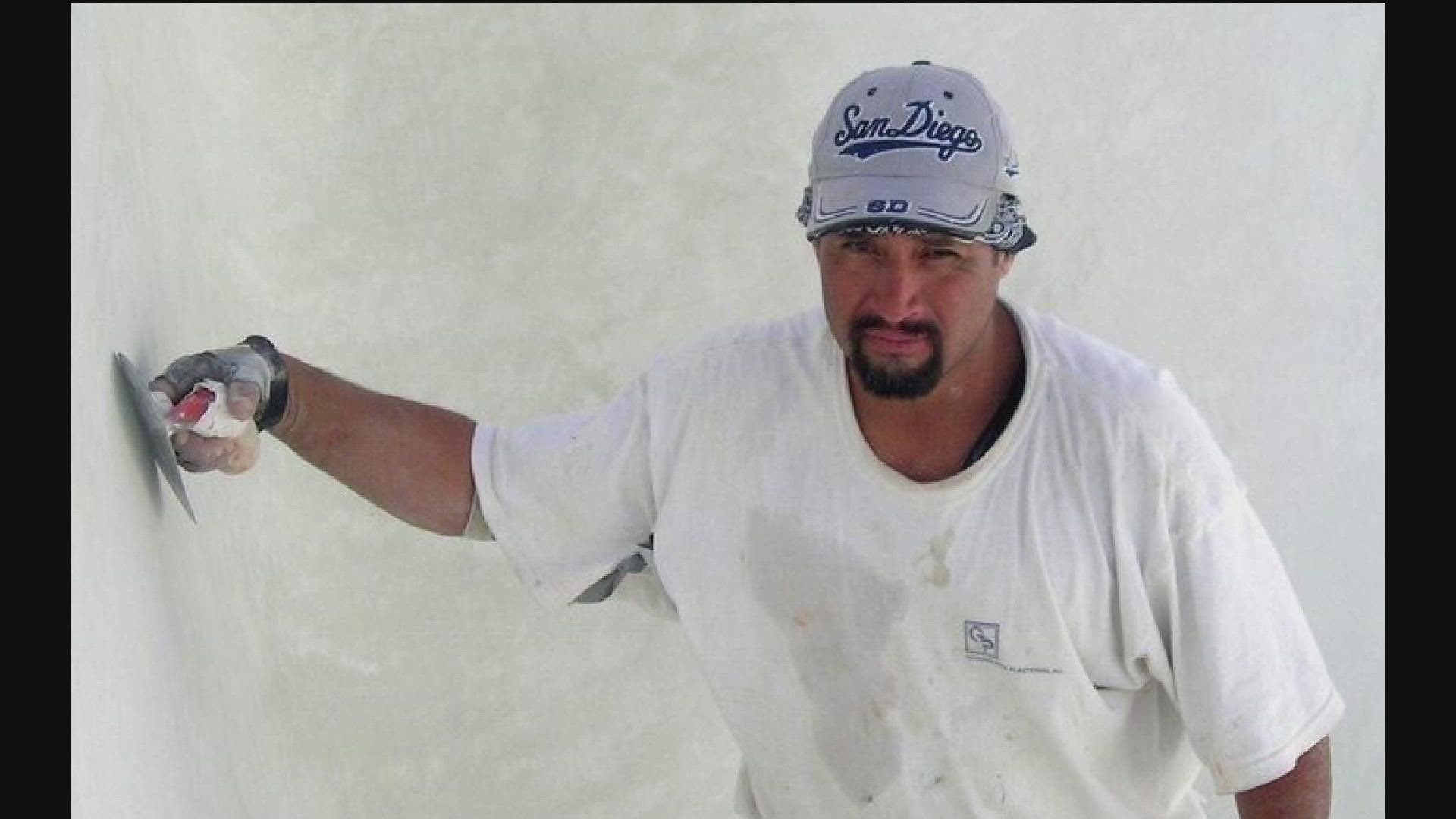WASHINGTON, D.C., USA — The family of a man who died at the hands of Customs and Border Protection officers at the San Ysidro Port of Entry more than a decade ago asked an international human rights tribunal today to instruct the United States government to reopen its investigation into the killing.
Friday's hearing of the Inter-American Commission on Human Rights, part of the Organization of American States, concerned the death of Anastasio Hernandez-Rojas, 42, whose family says multiple agents struck him with batons and repeatedly shocked him with an electric stun gun while he was prone and shackled at the San Diego border- crossing facility on May 28, 2010. He died days later at a hospital.
Though the Department of Justice announced in 2015 that it would not prosecute any of the agents involved, the case is under review by the IACHR,
which examines human rights violations.
The case is the first that the commission has undertaken regarding a killing by U.S. law enforcement.
Hernandez-Rojas's family says it is asking for the homicide investigation to be reopened, for reforms in CBP's policies and a public apology from the U.S. government. The family is also asking the IACHR to examine the differing use-of-force standards between U.S. and international law.
In 2017, a lawsuit filed against the federal government resulted in a $1 million settlement reached with Hernandez-Rojas' family.
Thomas Hastings, the U.S. representative to the Organization of American States, told the IACHR that settlement precluded "any further action in this case'' and requested the commission not to take action since the family
received a remedy in the United States.
"The United States urges the commission to reconsider its intervention in a matter that has been voluntarily settled in the domestic system,'' he said.
Attorneys representing Hernandez-Rojas's family allege U.S. Customs and Border Protection officials destroyed evidence, forwarded a narrative that
Hernandez-Rojas was an aggressor, and impeded a law enforcement investigation into the killing.
Roxanna Altholz, an attorney for Hernandez-Rojas's family and co- director of UC Berkeley Law School's International Human Rights Law Clinic, told the IACHR, "We do not dispute whether the criminal legal system worked. In our view, the system worked as designed, because it was designed to shield federal law enforcement from accountability and not to protect the civilian population from law enforcement brutality.''
Andrea Guerrero, Alliance San Diego executive director and co-counsel
in the case, said improvements to CBP's use-of-force policies since Hernandez-Rojas' death still "fall far short of international human rights standards and have not and will not prevent further abuse and impunity.''
Guerrero said nearly 250 people have died in encounters with U.S. Border Patrol agents since then and called CBP "the greatest threat to human rights in the United States'' due to the scope and influence of the agency.
Both sides will have 30 days to provide additional evidence to the commission, which is expected to render its decision in the case sometime next year.
WATCH: Inter-American Commission on Human Rights Nov 4, 2022 hearing on the death of Hernandez-Rojas:

